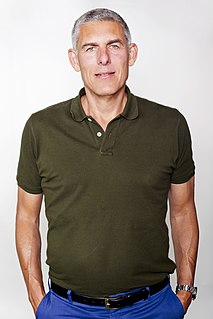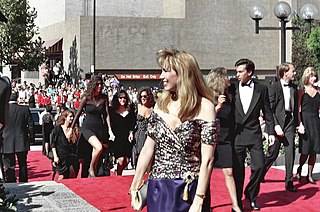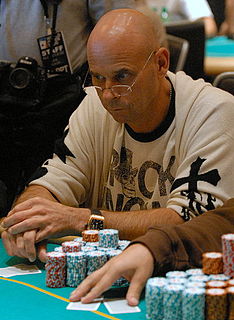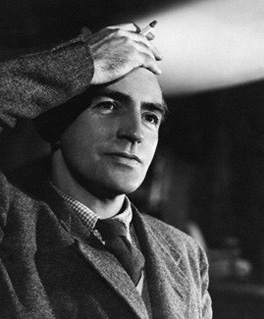A Quote by Kenneth Clark
Antique art has come down to us in a fragmentary condition, and we have virtuously adapted our taste to this necessity. Almost all our favorite specimens of Greek sculpture, from the sixth century onward, were originally parts of compositions, and if we were faced with the complete group in which the Charioteer of Delphi was once a subsidiary figure, we might well experience a moment of revulsion. We have come to think of the fragment as more vivid, more concentrated, and more authentic.
Related Quotes
Meditation accepts us just as we are-in both our tantrums and our bad habits, in our love and commitments and happiness. It allows us to have a more flexible identity because we learn to accept ourselves and all of our human experience with more tenderness and openness. We learn to accept the present moment with an open heart. Every moment is incredibly unique and fresh, and when we drop into the moment, as meditation allows us to do, we learn how to truly taste this tender and mysterious life that we share together.
I think that, in our culture, we find older people to be almost invisible, and it's such a shame. The one thing, the one condition that we all suffer from, and that we all benefit from, is ageing. It starts at zero and we're all going in the same direction, and I always try to see the young person underneath the older person and that's all of us. We all feel the same way inside, and I think that there are so many ways for us to age well and to help our senior population get to the golden years with more dignity more independent and more enjoyment.
I remember the moment in which we were taken hostage in Libya, and we were asked to lie face down on the ground, and they started putting our arms behind our backs and started tying us up. And we were each begging for our lives because they were deciding whether to execute us, and they had guns to our heads.
No pain that we suffer, no trial that we experience is wasted. It ministers to our education, to the development of such qualities as patience, faith, fortitude and humility. All that we suffer and all that we endure, especially when we endure it patiently, builds up our characters, purifies our hearts, expands our souls, and makes us more tender and charitable, more worthy to be called the children of God . . . and it is through sorrow and suffering, toil and tribulation, that we gain the education that we come here to acquire and which will make us more like our Father and Mother in heaven.
Along the way, let's never forget that once we were children and that we were all playing together without distinction of skin color, society level, or where people come from. Adults need to remember to play and to be more childlike in our behavior. We've forgotten what that childlike experience was like.
The Savior desires to save us from our inadequacies as well as our sins. Inadequacy is not the same as being sinful - we have far more control over the choice to sin than we may have over our innate capacity. . . . A sense of falling short or falling down is not only natural but essential to the mortal experience. Still, after all we can do, the Atonement can fill that which is empty, straighten our bent parts, and make strong that which is weak.
If we were built, what were we built for? ... Why do we have this amazing collection of sinews, senses, and sensibilities? Were we really designed in order to recline on the couch, extending our wrists perpendicular to the floor so we can flick through the television's offerings? Were we really designed in order to shop some more so the economy can grow some more? Or were we designed to experience the great epiphanies that come from contact with each other and with the natural world?
Universities were not meant entirely, or even chiefly, as stepping-stones to an examination, but that there is something else which universities can teach and ought to teach-nay, which I feel quite sure they were originally meant to teach-something that may not have a marketable value before a Board of Examiners, but which has a permanent value for the whole of our life, and that is a real interest in our work, and, more than that, a love of our work, and, more than that, a true joy and happiness in our work.
The first of our senses which we should take care never to let rust through disuse is that sixth sense, the imagination. I mean the wide-open eye which leads us to see truth more vividly, to apprehend more broadly, to concern ourselves more deeply, to be, all our life long, sensitive and awake to the powers and responsibilities given to us as human beings.
Our principles fix what our life stands for, our aims create the light our life is bathed in, and our rationality, both individual and coordinate, defines and symbolizes the distance we have come from mere animality. It is by these means that our lives come to more than what they instrumentally yield. And by meaning more, our lives yield more.


































